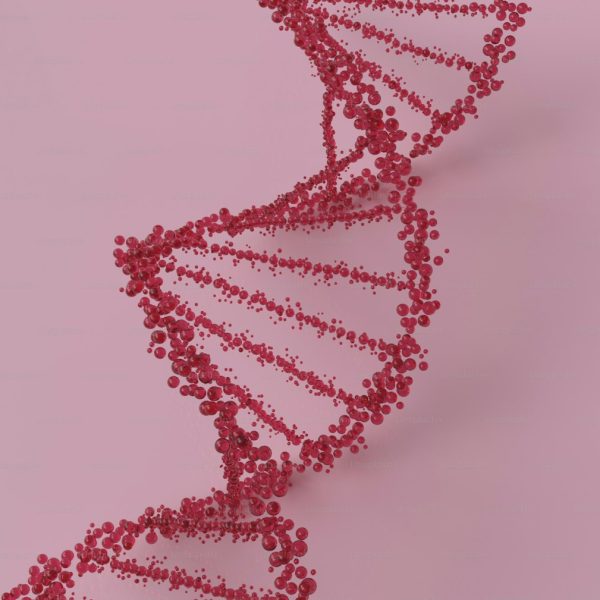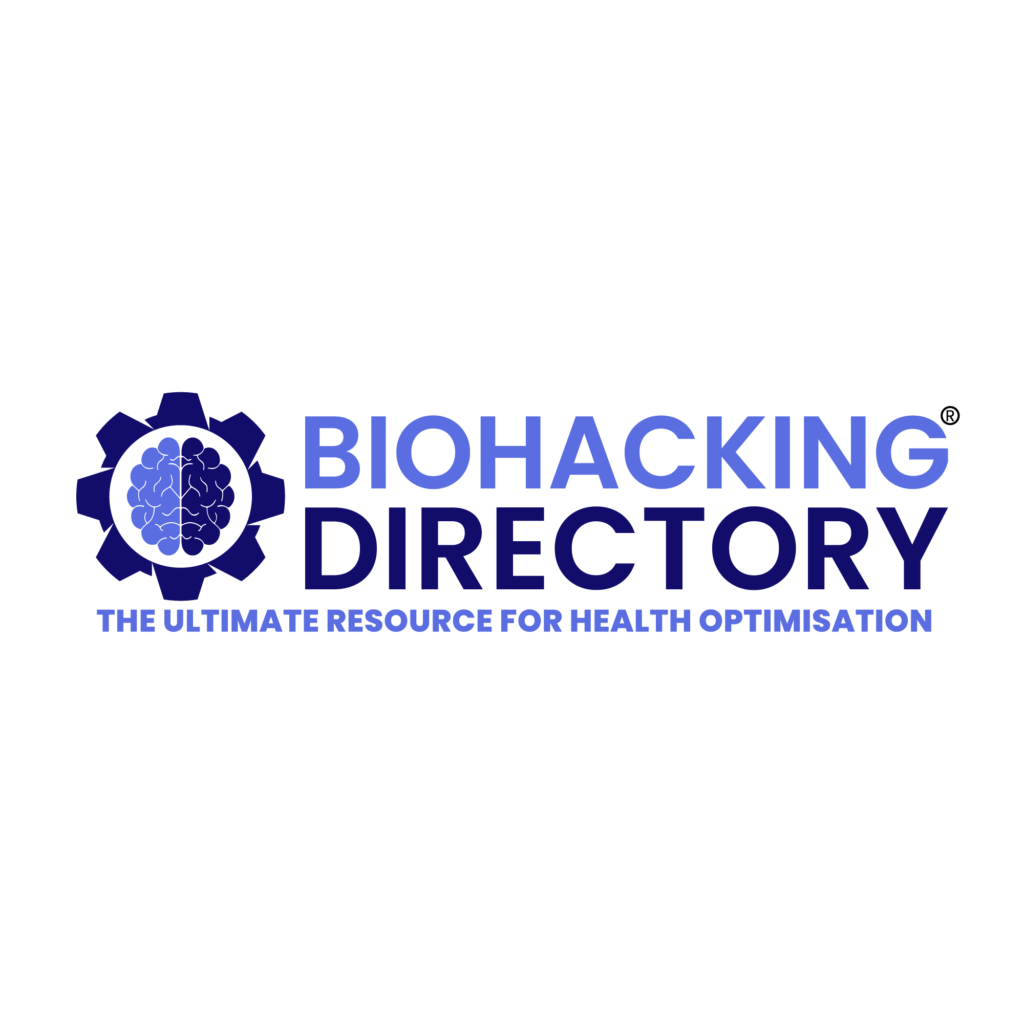In the ever-evolving landscape of healthcare, the science of DNA testing has emerged as a powerful tool that is transforming diagnostics and patient care. Our DNA carries the genetic instructions that define us as individuals, and by unlocking the secrets encoded within our genes, healthcare professionals can now diagnose diseases more accurately, predict risk factors, and tailor treatments to each patient’s unique genetic makeup. This article explores how DNA testing is revolutionizing healthcare diagnostics and paving the way for a more personalized and effective approach to medical treatment.
The Power of Genetic Information
Our DNA, composed of a unique sequence of genes, contains the instructions for building and maintaining our bodies. Genetic variations in these instructions can lead to various health conditions and diseases. By analyzing an individual’s DNA, healthcare providers gain valuable insights into their genetic predispositions and susceptibilities.
Early Detection and Prevention
One of the most significant ways DNA testing is revolutionizing healthcare diagnostics is through early disease detection and prevention. Genetic tests can identify the presence of specific genes associated with conditions such as breast cancer, Alzheimer’s disease, or cystic fibrosis. Detecting these genetic markers allows for early intervention and preventive measures, significantly improving the chances of successful treatment.
Precision Medicine
DNA testing forms the cornerstone of precision medicine, a healthcare approach that tailors treatments to the individual characteristics of each patient. By analyzing a patient’s genetic makeup, healthcare providers can prescribe medications and therapies that are most likely to be effective, minimizing the risk of adverse reactions. This personalized approach is particularly impactful in the treatment of cancer, where specific genetic mutations can guide the selection of targeted therapies.
Pharmacogenomics
Pharmacogenomics is a branch of genetics that explores how an individual’s genetic makeup influences their response to medications. DNA testing in pharmacogenomics helps healthcare providers determine the most suitable drugs, dosages, and treatment strategies for patients. This reduces the trial-and-error process often associated with finding the right medication, minimizing side effects and improving treatment outcomes.
Infectious Disease Diagnosis
DNA testing is invaluable in diagnosing infectious diseases. Polymerase Chain Reaction (PCR) tests, for example, detect the genetic material of pathogens like viruses and bacteria. These tests are instrumental in identifying infectious diseases quickly and accurately, aiding in timely treatment and infection control.
Rare Disease Diagnosis
For individuals with rare and inherited diseases, DNA testing can be a lifeline. By analyzing a patient’s genetic code, healthcare providers can pinpoint the exact genetic mutations responsible for these conditions. This not only provides clarity to patients and their families but can also open doors to specialized treatments and support.
Genetic Counseling
The advent of DNA testing has given rise to a growing field of genetic counseling. Genetic counselors are trained professionals who help individuals understand their genetic test results, assess their risks, and make informed decisions about their healthcare. This personalized guidance is especially crucial in cases where genetic testing reveals a heightened risk of a particular condition.
Challenges and Ethical Considerations
While the revolution in DNA testing offers tremendous potential, it also raises ethical concerns. Privacy and data security are paramount, as the sensitive genetic information of individuals must be safeguarded. Additionally, ensuring equal access to these cutting-edge diagnostics and preventing genetic discrimination are ongoing challenges that require careful regulation and ethical oversight.
Conclusion
The integration of DNA testing into healthcare diagnostics represents a monumental leap forward in medical science. It empowers healthcare professionals to make more informed decisions, detect diseases at their earliest stages, and personalize treatments to maximize their effectiveness. This not only improves patient outcomes but also contributes to the advancement of medical research and the development of innovative therapies.
As the field of DNA testing continues to evolve, it is essential to strike a balance between harnessing its potential for medical breakthroughs and addressing the ethical concerns surrounding genetic privacy and discrimination. Ultimately, DNA testing is revolutionizing healthcare diagnostics, paving the way for a future where medical treatments are as unique as the individuals they serve.
References:
1. National Human Genome Research Institute. (2021). Genetic Testing. [Read here](https://www.genome.gov/genetics-glossary/Genetic-Testing)
2. American Cancer Society. (2021). Genetic Testing. [Read here](https://www.cancer.gov/about-cancer/causes-prevention/genetics/genetic-testing-fact-sheet)
3. U.S. National Library of Medicine. (2021). Pharmacogenomics. [Read here](https://ghr.nlm.nih.gov/primer/genomicresearch/pharmacogenomics)
4. World Health Organization. (2021). Polymerase Chain Reaction (PCR). [Read here](https://www.who.int/toolkits/lab-protocol/polymerase-chain-reaction-(pcr))
5. National Society of Genetic Counselors. (2021). What is Genetic Counseling? [Read here](https://www.nsgc.org/p/bl/et/blogid=47&blogaid=223)







